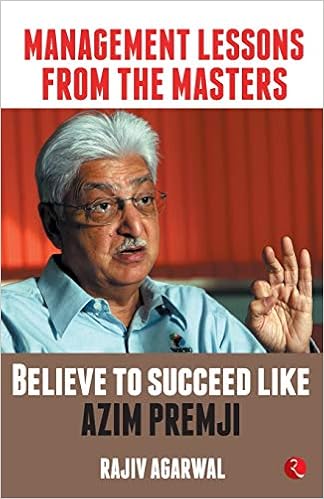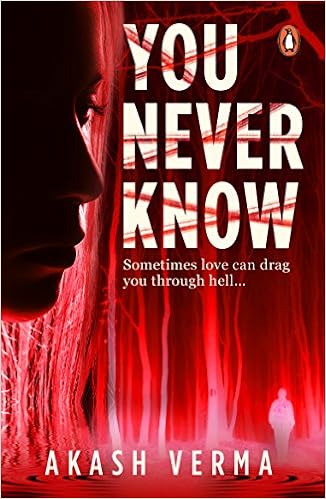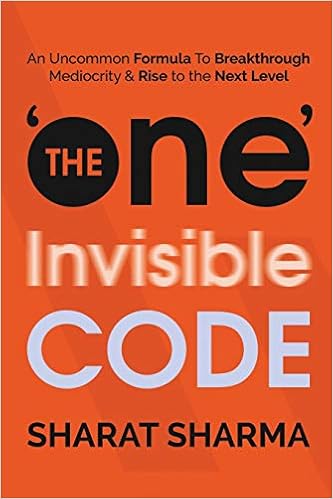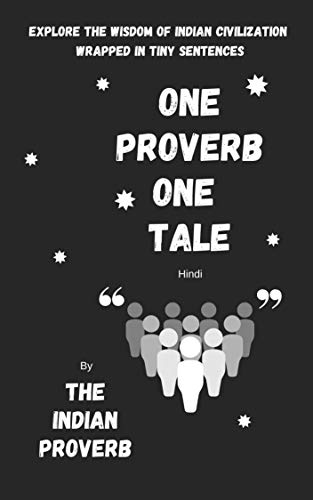1900th BLOG POST
Out of many resolutions
that I keep every year, this year, I had ensured that I will be writing my 1900th
Blog Post. Surprisingly, it has come down to the last day of the year when I am
writing this when the year shall end within next 4 hours. I think sometimes how
much you plan, it is God who decides the last word and things happen
accordingly. If writing the 1900th Blog Post is designed by the
universe on 31st December, 2020, so I think it is for me to believe
that the year for me ended up on good note at least in terms of my Blogging
career by achieving this landmark.
It has taken 4172 days
to deliver 1900 different posts which is almost one post in every 2.08 days.
This tells me that I have almost stayed with this medium day in and day out.
There have been several instances in life when I saw things falling apart all around
me but something that kept me standing and fighting with the obstacles and
challenges of life has been my love for writing and talking with everyone who
reads it. Many people ask me that it has been more than 11 years since you are
blogging but you haven’t got the kind of success others get through social
platform these days.
What should I tell them?
What can I tell them? There are several examples where people keep delivering
their art on social platforms in the wait for one to go viral and giving them
the fame and with it, the much-awaited success. Don’t I feel like my blog or
any of my posts going viral? I certainly do. But does that make me depressed or
low? Not at all. That is the last priority ever. The first priority is always
to vent out the emotions and thoughts I have within me. It is always about
sharing whatever I am feeling at the moment. Because when that happens and
whatever amount of response I get on the posts, it makes my heart feel light
and energetic.
Post this, the next
priority is to ensure that my blog posts inspire everyone who is reading
regularly. I accept that there are less personal or spiritual posts lately and
more of book reviews but there are many who have started reading after seeing
regular book reviews here. Some or the other book arose curiosity for them to
get into the world of books and know what it speaks of. And whatever little bit
I write these days from my personal life also makes others take decisions
wisely. They learn from the mistakes I have done. They have seen me grow from a
20 years old boy to a 31 years old man. They have seen all the phases I have
been in. And that makes them understand me as a person and therefore, they also
give me advices that I would not have got if I didn’t have a Blogspace like
this.
And after this, if there
is any other priority left then it is to benefit Indian authors. When I had
started reading a decade back, whenever I discussed about this new habit of
mine, and if someone turned out to be an avid reader too – I always heard them
speak about foreign authors only. This made me think how Indian authors will
grow in India if no one will speak about them and every reader will keep on
reading foreigners only. Then I decided that I would read Indians as much as
possible and write about all the books that I’ll read. And that is why I have
kept doing this since a decade now and I love the kind of support Indian
authors have given me in return. This has made my life a little bit celebrated
too.
In all that I mentioned
above, if doing these, I get some fame or my blog goes viral, it is great but
even if it doesn’t, it doesn’t take away anything from me. My energy remains to
be the same and that is already evident from the rate I mentioned above with
which I have written on this blog space. It would not have been possible if I
had aspired for getting too much of fame or readership. Remember, one person
listening to you with complete devotion is better than 1000s sitting in the
crowd with no attention towards what you are speaking. I have always believed
in this and I have also seen people getting motivated or inspired from this
space. That is enough for me.
Now, it’s time that I am
writing last paragraph of this year. First of all, I would like to wish all of you
a very Happy New Year and want to see all of you emerge as a stronger person
than what happened with all of us emotionally in 2020 due to the pandemic. I
know life becomes very tough at times but all we have to do is to take all the
strides that come our way. And if things really become difficult and you think
you can’t survive, the last thing I would like to request all of you is to talk
to your parents before taking any big decision that shall disappear you from
this planet in a moment. Parents always forgive you for the mistakes you make
and see how you can be taken out of the trap you have fallen in. I would like
to pay my condolences to Sushant Singh Rajput on this note – the man who stayed
in my mind for most of the time this year. Hope none of us have to go through
what he went through.
May God Bless All of Us
in 2021!
Thanks.
WRITING BUDDHA

















